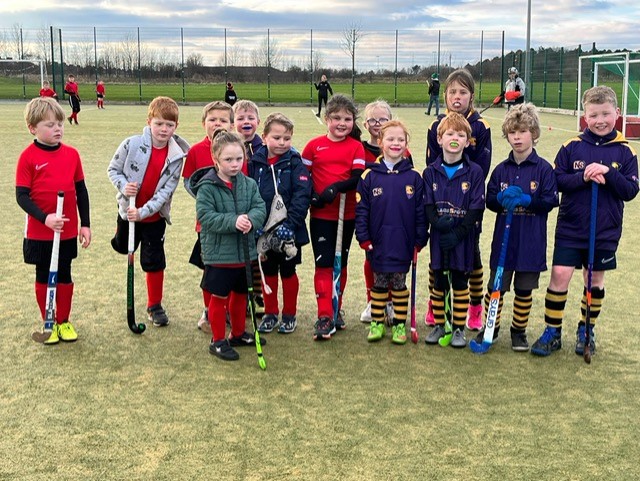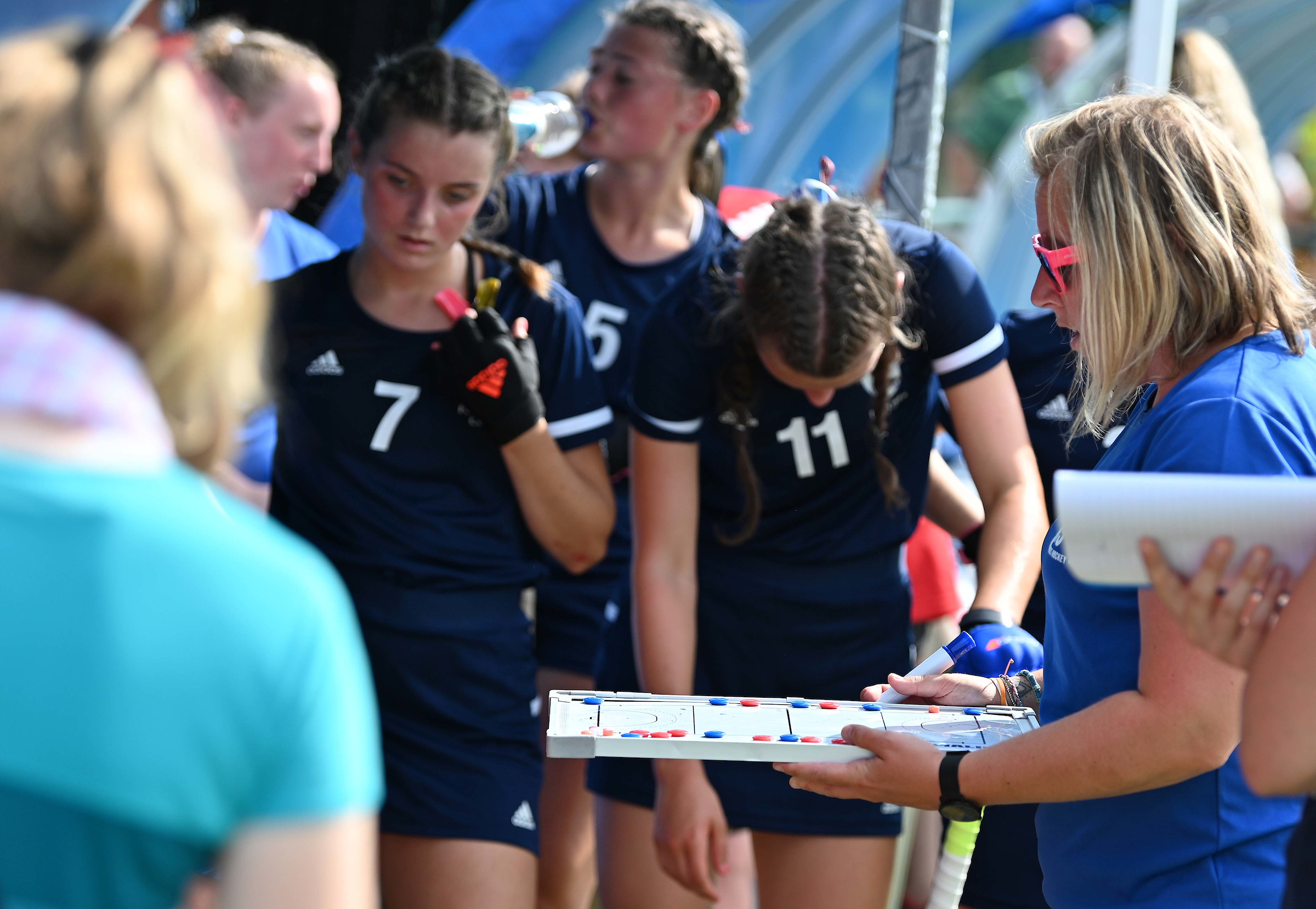After 50 years of working in junior hockey development, DAVE MILLER can’t emphasis enough how important regular competition is to junior players, whether to keep them in the game or allowing them to reach their full sporting goals.
My first attempt at a North East school game came with my team in 1976, when my newly-enthused boys club tried to play a game against a local school who also had a hockey-playing geography teacher like me.
The school was Shiney Row Comprehensive School on the edge of Sunderland. They had a shale all weather pitch with goals but no markings. Having asked the LEA to mark out the pitch for the Saturday morning game I arrived with no markings we set about marking it out with white paint. The game took place, was a great success and I nearly caused a walk out of Sunderland LEA groundsmen for my crossing of work boundaries.
Many of these lads went to play hockey at my club, Durham City, travelling to a newly created junior section on a Sunday Morning some 10 miles from their homes. It was these few games we were able to play that kept them interested in this “girls’ game” in a hard football-mad NE pit village.
Later I help run the County Schoolboys, hard work in Durham where few schools played boys hockey. Then as my son took an interest in my sport I moved into regional schoolboys hockey going to Loughborough Uni with the NE U14. What a fantastic event and how the lads loved the competition. Here is where I was introduced to an 11-year-old Barry Middleton, who bossed the older boys in both the opposition and his own team.
So when, through the single system, emphasis changed to skills acquisition for the younger age groups and we lost the regional U14 tournament, a major error was made. Well done to Graham Bell, a NE rebel, who kept an U13 regional competition alive, much to the annoyance of England Hockey.
In fact Graham was at the forefront of providing very good competition experiences for the best younger players in Northumberland and Durham, attracting them to Gateshead HC and travelling not only to the wonderful Yorkshire Junior Hockey League but also touring UK and European countries.
My son moved from his development club in Durham to join this competition driven junior set up, much to the annoyance of my own club, of which I was the secretary. But as I said it was his decision and I backed him to ensure his sporting ambitions could be realised.

Movement to larger more competitive clubs should be the norm for those athletes that want to move to elite performance. Of course not all will want or be able to do this so have a strong development club, nurturing all comers is so important and keeping these players interested must include competition opportunities.
The NE has always had the problem of providing higher performance competition opportunities, both at junior and senior level, and it was very frustrating for me in the 1990s to see our best youngsters having to travel up to two hrs to a Yorkshire club to gain such opportunities. Later, in helping to run the North Hockey Durham Performance Centre, it was again very upsetting seeing young boys and girls having to fight sometimes impossible odds to get selected to the Pennine Pumas due to poor competition opportunities.
It’s interesting to see that at that time in NE girls hockey, when we had a National League side in Sunderland / Whitley Bay & Tynemouth HC, a number of our region’s best players got a better opportunity to reach their true potential.
It is so good to see that this year Durham had a larger number of players making regional and national level performance levels. To some extent this is due to increased resources going into regional private school hockey and also the idea that those players identified by the player pathway can, if invited, gain from being allowed to train with our regions only National League club, Durham University.
Gareth Weaver-Tyler, head coach at Durham, has embraced supporting the local regional junior players by opening up his elite performance training to these identified players whilst maintaining close links with those players’ home clubs and schools.
Stockton, Durham City, Marton Furness and Morpeth HC and RGS Newcastle, Yarm and Barnard Castle Schools are just some of the clubs and schools that have benefitted from training with junior and senior international players at Durham University.
In the end though NE junior hockey will benefit most from a strong junior competition structure. Although a long way to go to mirror the nationally recognised Yorkshire League, that the late Phil Thomas helped set up, the start has been made. On the back of the EH push for local leagues, the NE clubs have seen a growth in clubs taking part in regular competition opportunities at U8-U16 age groups.
The competition structure has, in very difficult times due to the pandemic, grown and more players are taking part throughout the region. Chaired by Maggie Coombe, of Tynedale Hockey Club, teams from Northumberland to North Yorkshire are competing both home and away.
Some clubs have more volunteers than others but all the clubs pitch in to help each other and ensure games can take place.
Do you agree? Join our forum for free and keep the discussion going




